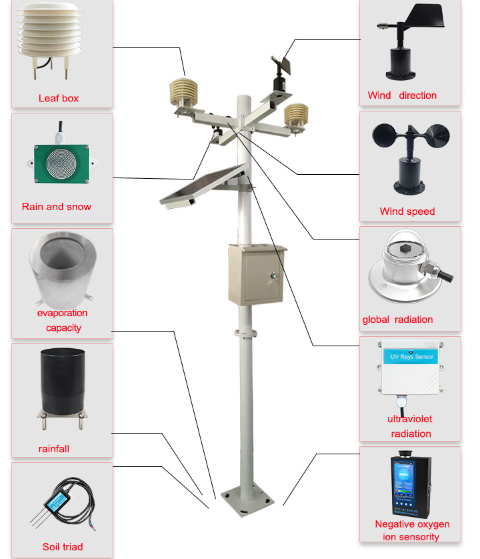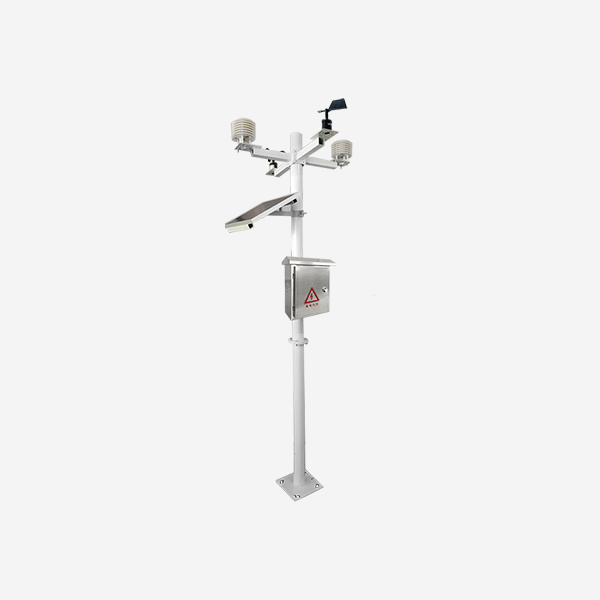Weather stations are a critical tool for meteorologists, scientists, farmers, and anyone who needs to monitor weather conditions. A weather station is an instrument that measures atmospheric conditions such as temperature, humidity, wind speed and direction, rainfall, barometric pressure, and other variables.

Types of weather stations
There are two types of weather stations: automatic and manual. Automatic weather stations (AWS) use sensors and computer software to collect data continuously and transmit it to a central location for analysis. Manual weather stations require a human observer to read the instruments and record the data at regular intervals.
Automatic weather stations have become increasingly popular in recent years due to their accuracy and convenience. They can be installed in remote locations, such as mountaintops or offshore platforms, where manual observations would be difficult or impossible. AWS also provide real-time data, which is essential for making accurate weather forecasts and issuing timely warnings during severe weather events.

Weather station have a variety of uses, including agriculture, aviation, transportation, energy production and environmental monitoring. Farmers use weather station to track soil moisture levels, temperature, and humidity, which helps them make informed decisions about planting, irrigation, and harvesting. Meteorologists use weather stations to gather data on atmospheric conditions, which they use to create weather models and issue forecasts.
In addition to measuring basic weather parameters, some weather station also measure solar radiation, UV index, and even air quality. This information is valuable for researchers studying climate change, air pollution, and other environmental issues.
Purchase and maintenance
Buying and maintaining a weather station can be expensive, but there are many low-cost options available for home use.These devices typically measure temperature, humidity, and barometric pressure, and some can connect to smartphones or computers to provide real-time data and alerts.
Overall, weather station are an essential tool for understanding and predicting weather patterns. They provide valuable data that can be used to improve public safety, increase agricultural productivity, and protect the environment. As technology continues to evolve, we can expect weather station to become even more sophisticated and accurate, providing us with even more insights into the complex world of weather and climate.
